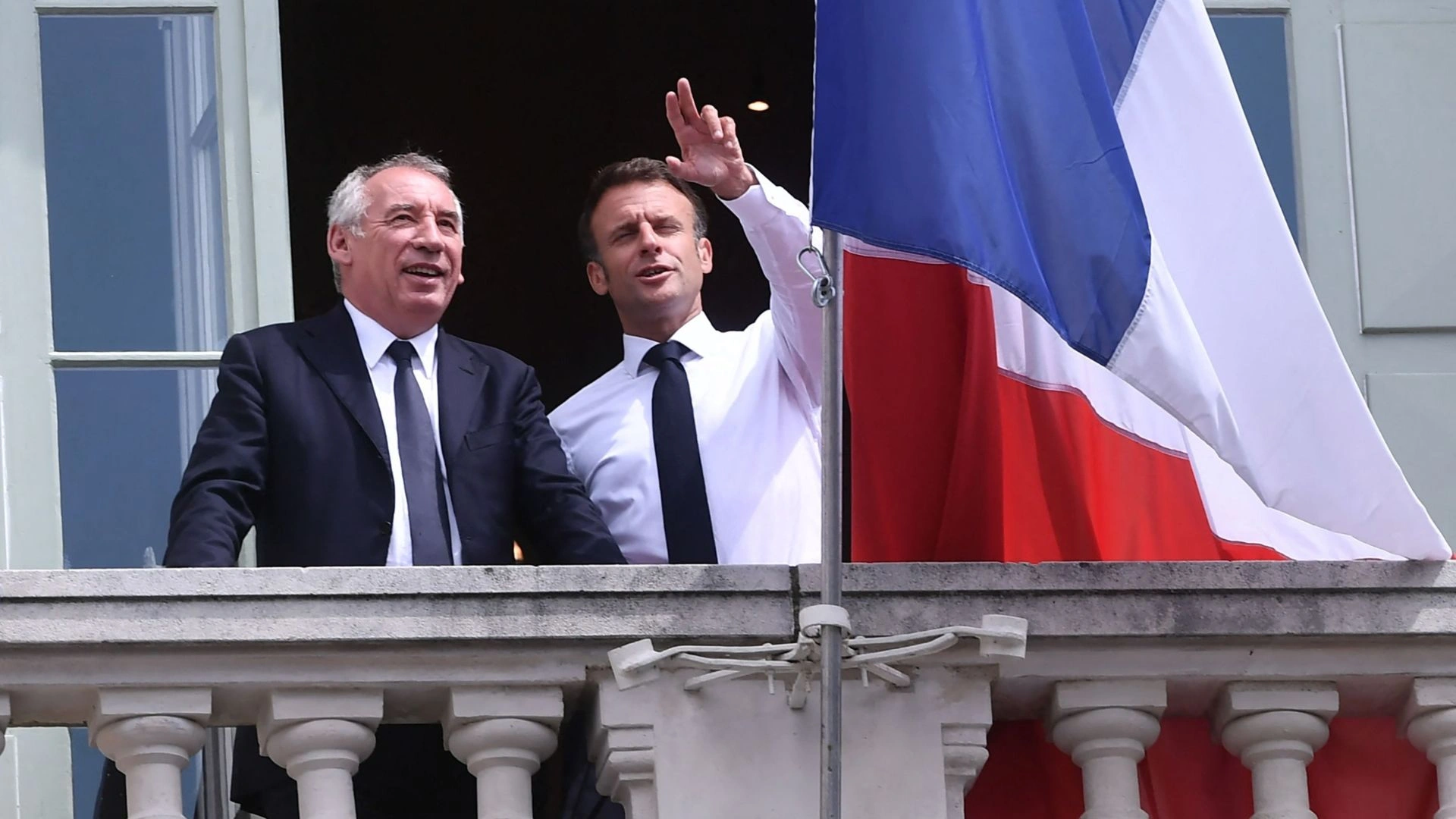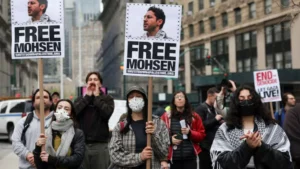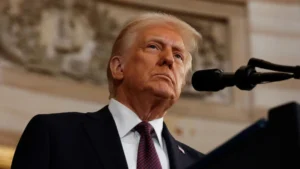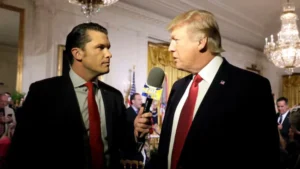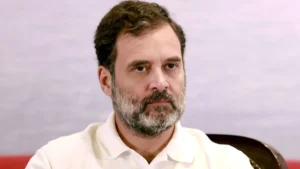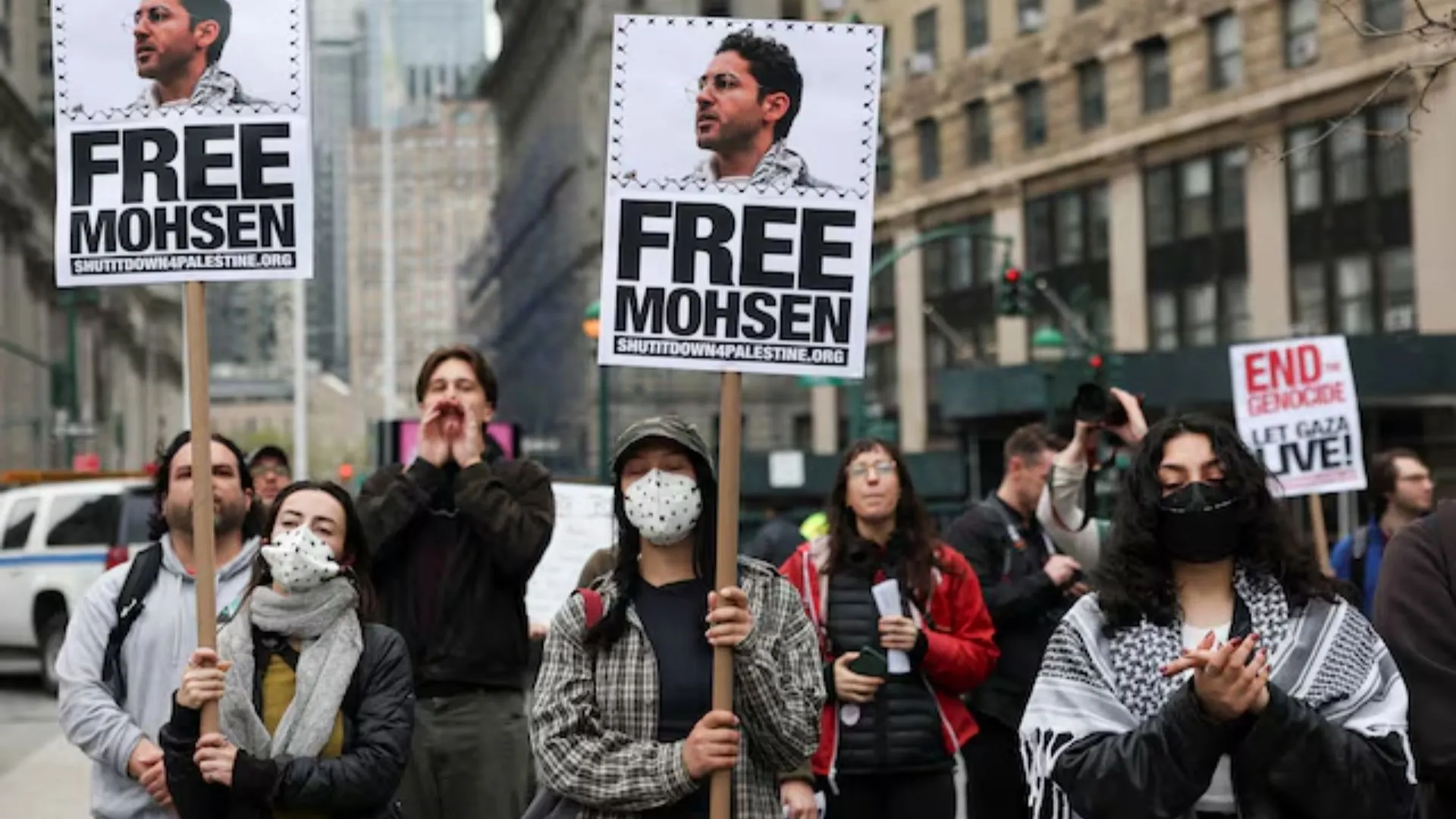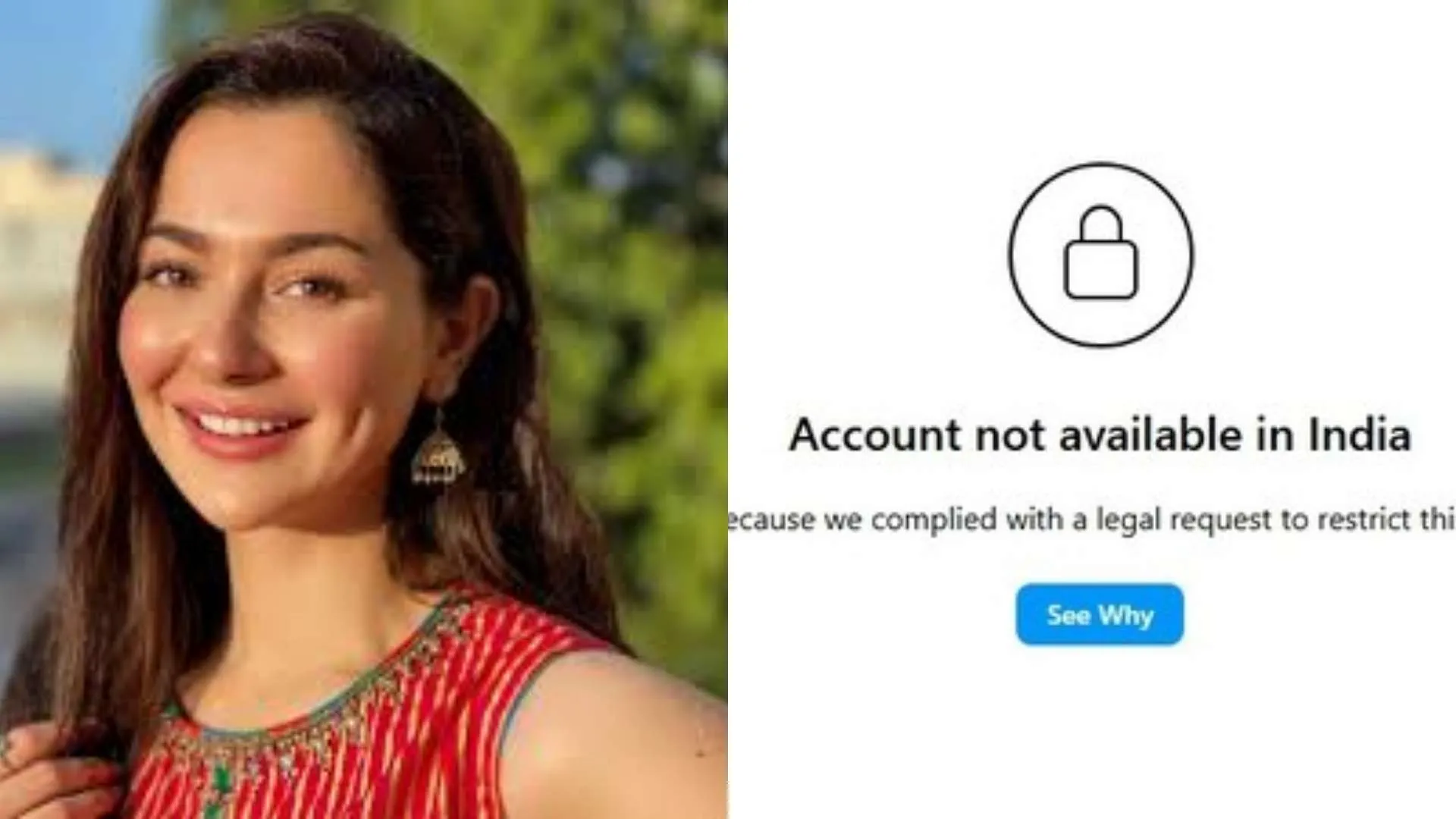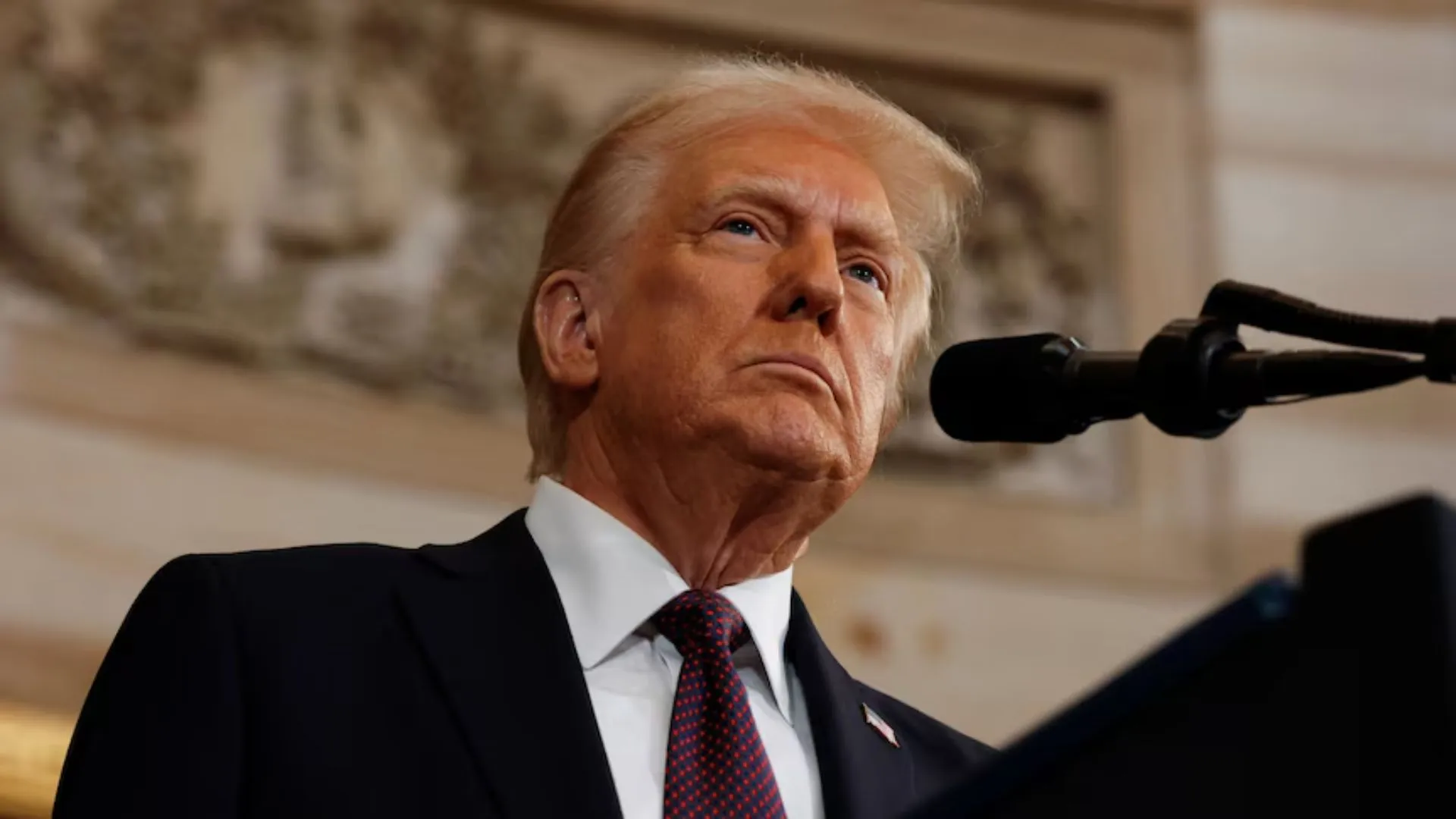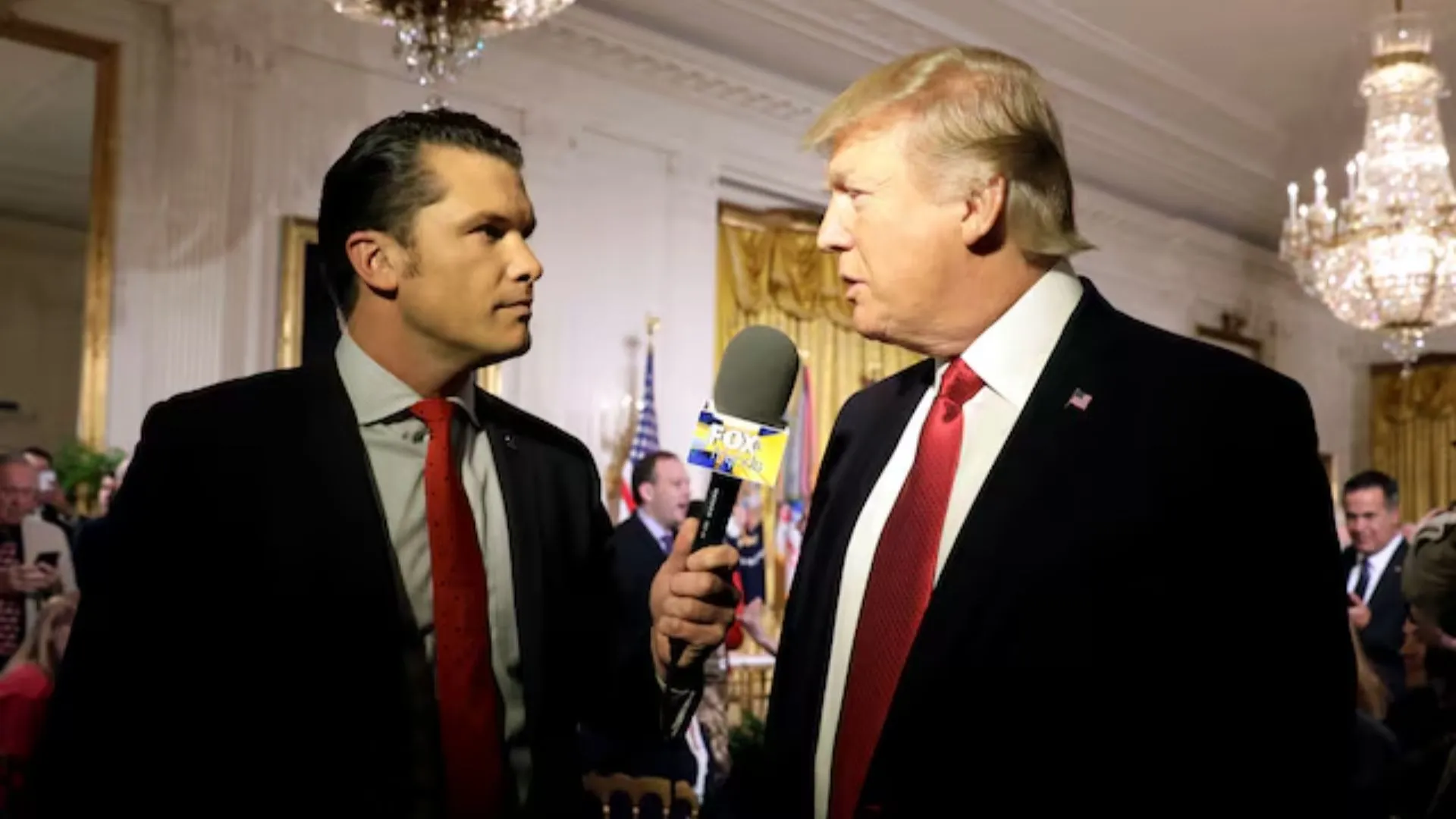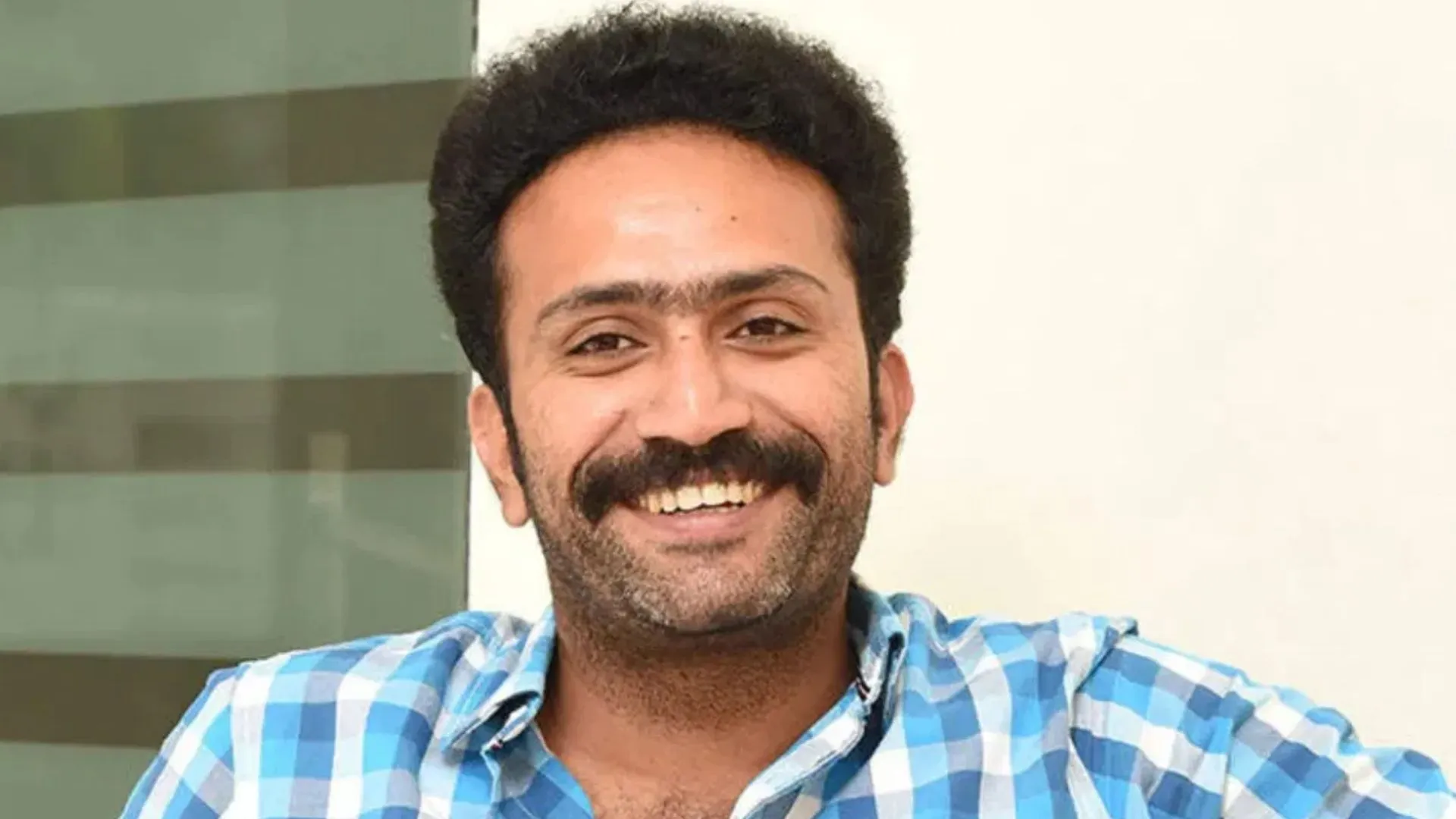French Prime Minister François Bayrou made his fourth ministerial reshuffle in just a year. This is to avoid another looming no-confidence vote from a deeply divided French parliament.
François Bayrou’s new cabinet has a mix of old and new faces as he attempts to keep up with the unity of France’s government. Several major figures from previous administrations return to key positions. Former interior minister Gérald Darmanin is appointed as the justice minister, and former prime minister Élisabeth Borne returns to government as education secretary. Manuel Valls, the overseas minister, is the third former prime minister set to assume office, following his experience as prime minister under socialist President François Hollande.
Jean-Noël Barrot remains as the foreign secretary, while Bruno Retailleau, a right-wing personality, has been restored as interior minister. The former banker Éric Lombard will take charge of the economy ministry. Sébastien Lecornu continues as the defense minister, while Rachida Dati retains her position as the head of the culture ministry.
Issues In Gathering Support
Bayrou, appointed by President Emmanuel Macron just 10 days ago, has the challenge of getting support for his government in a country that has increasingly fractured its political landscape. The country’s parliament is highly divided, and no faction holds a clear majority. As the 2027 presidential elections approach, many leading political figures are wary of aligning themselves with a government that may quickly fall or be rendered ineffective by the political gridlock.
The previous prime minister, Michel Barnier, served only 90 days before his administration was toppled by a no-confidence vote. Bayrou’s task is even more daunting, because he has to form a “national interest government” that would exclude the far-right National Rally (RN) headed by Marine Le Pen as well as the hard-left France Unbowed (LFI).
Macron’s call for a snap election in June 2024 backfired, yielding to a highly fragmented National Assembly with three roughly equal groups on the left, center, and right. None of them has a majority over others, creating a kind of political stalemate where no stable government can come to power.
Future Of France
In a television interview recently, Bayrou, who is also the head of the centrist Democratic Movement, expressed hopes of presenting a new budget for the country by mid-February. He stressed the need for broad dialogue before introducing the budget. Bayrou also said that he would avoid using the controversial constitutional article 49.3, which enables the government to bypass parliamentary debate in passing legislation unless absolutely necessary.
On taxes, Bayrou stressed that though he was not in favor of new taxes on businesses, he understood that France’s growing public deficit had to be met with spending cuts. He also tried to douse criticism that his government might be susceptible to the far-right by denying claims by former minister Xavier Bertrand.
Despite the new government, opposition parties, especially the Socialist Party (PS), strongly criticized the reshuffle. Olivier Faure, the secretary-general of the PS, branded the government as one “that is maintained for and by the far-right.” Faure said he is disappointed by the agenda presented by the government and he would back a no-confidence vote. “We are dismayed by the poverty of what is being proposed,” Faure said.
Valls’ Appointment Sparks Controversy
One of the most contentious appointments is that of Manuel Valls, whose return to politics has been viewed by many on the left as a provocation. Valls, who was once a member of the Socialist Party, has been seen as a polarizing figure, especially following his tenure as prime minister under François Hollande. Bayrou, however, defended Valls’ appointment, describing him as someone with a “kamikaze personality” who was willing to take risks for the good of the country.
Despite these remarks, Valls’ return to a key ministerial role has sparked outrage among the left-wing factions, who accuse Bayrou of capitulating to conservative interests. The political tensions within the government continue to grow, with many wondering how long Bayrou’s administration can maintain its fragile unity.
Threat Of Another No-Confidence Votes
The French parliament is in recess until January 13, 2025. Bayrou has scheduled his first council of ministers for January 3 and will present the government’s program on January 14. The opposition group France Unbowed (LFI) has already announced it will submit a motion of no confidence against Bayrou’s government, which might lead to another possible collapse of the government within days after the program announcement.
Meanwhile, President Macron has also had his share of challenges. After visiting Mayotte-a region that was hit by a devastating cyclone and killed at least 35 people-he promised to support the rehabilitation efforts. The political scenario is still fluid, given that Macron has to spend time on national disasters to ensure political stability at home.
According to reports, prominent conservative figure Xavier Bertrand had been tipped for the justice ministry but turned down the offer after allegations that far-right National Rally had vetoed his appointment. This decision to abstain from the government indicates the level of polarization in the French political institution since some members are reluctant to support a government relying on the far-right to stay in power.
“Accepting under these conditions would have been a denial of my values,” Bertrand explained. His stance highlights the growing political polarization in France, where extremism on both sides of the political spectrum is increasingly influencing decision-making.
As Bayrou forms a stable government, the political future of France is in question. With so many different factions vying for power, and tensions running high, only time will tell whether Bayrou’s administration will hold its ground against all these forces and make it through.
ALSO READ | Are Venezuelan Opposition Leaders REALLY Under Siege As They Seek Shelter In Embassy?


